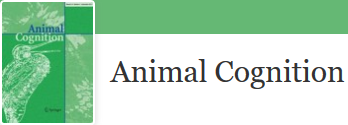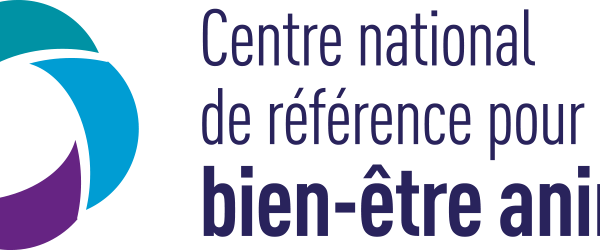Document type: scientific article published in Animal Cognition
Authors: Giada Cordoni, Marta Comin, Edoardo Collarini, Carlo Robino, Elena Chierto, Ivan Norscia
Preview: In social mammals, conflict resolution involves the reunion of former opponents (aggressor and victim) after an aggressive event (reconciliation) or post-conflict triadic contacts with a third party, started by either opponent (solicited-TSC) or spontaneously offered by the third party (unsolicited-TUC). These post-conflict strategies can serve different functions, including consolation (specifically when TUCs reduce the victim's anxiety). We investigated the possible presence and modulating factors of such strategies on semi-free ranging pigs (Sus scrofa; N = 104), housed at the ethical farm Parva Domus (Cavagnolo, Italy). Kinship was known. Reconciliation was present and mainly occurred between weakly related pigs to possibly improve tolerant cohabitation. Triadic contacts (all present except aggressor TSCs) mostly occurred between close kin. TSCs eother small companion animalsted by victims reduced neither their post-conflict anxiety behaviors nor further attacks by the previous aggressor, possibly because TSCs remained largely unreciprocated. TUCs towards aggressors did not reduce aggressor post-conflict anxiety but limited aggression redirection towards third parties. TUCs toward the victim reduced the victim but not the third-party's anxiety. However, TUCs may also provide inclusive fitness benefits to third parties by benefiting close kin. In sum, pigs engaged in non-random solicited/unsolicited triadic contacts, which suggests that pigs might possess socio-emotional regulation abilities to change their own or others' experience and elements of social appraisal, necessary to detect the emotional arousal of relevant others and (in case of TUCs) take the agency to restore homeostasis.

From the Animal Cognition website



